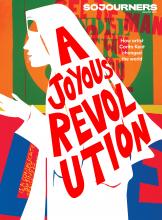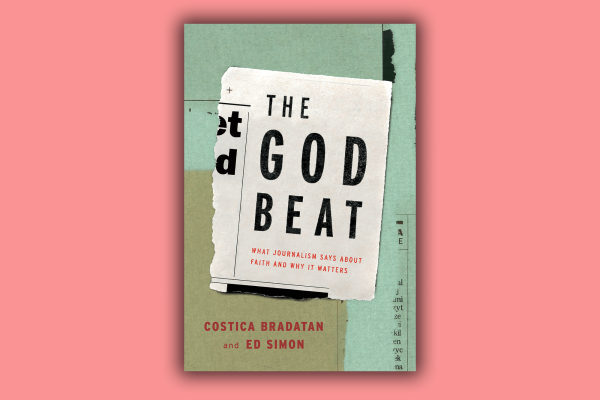Ed Simon is co-editor of the anthology The God Beat: What Journalism Says about Faith and Why It Matters, which explores the New Religion Journalism movement—an offshoot of the New Journalism genre of the 1960s and ’70s that fused news writing with the storytelling techniques of novelists, memoirists, and poets. He discussed his book with Audrey Clare Farley, author of The Unfit Heiress: The Tragic Life and Scandalous Sterilization of Ann Cooper Hewitt.
AUDREY CLARE FARLEY: You claim New Religion Journalism emerged after 9/11, when it became evident that journalism had “a secularism problem.” Can you explain?
Ed Simon: For a long time a variation of the “secularization thesis” endured in an almost unspoken way. This assumption held that religion was a vestige of an archaic past, and that the future entailed its disappearance. But two decades later we know that religion isn’t going anywhere, and newsrooms had to adapt.
Does the secularism problem persist? Many say the media was blindsided by the rise of Christian nationalism. I think that it has a Christianity problem. By that I don’t mean anything as reductive as saying that journalists are belligerent to Christianity, but the opposite. When many hear the word “religion” they think Christianity, Protestantism, or even evangelical Protestantism. There needs to be a wider scope on what religion means.
Read the Full Article

